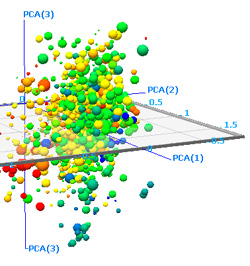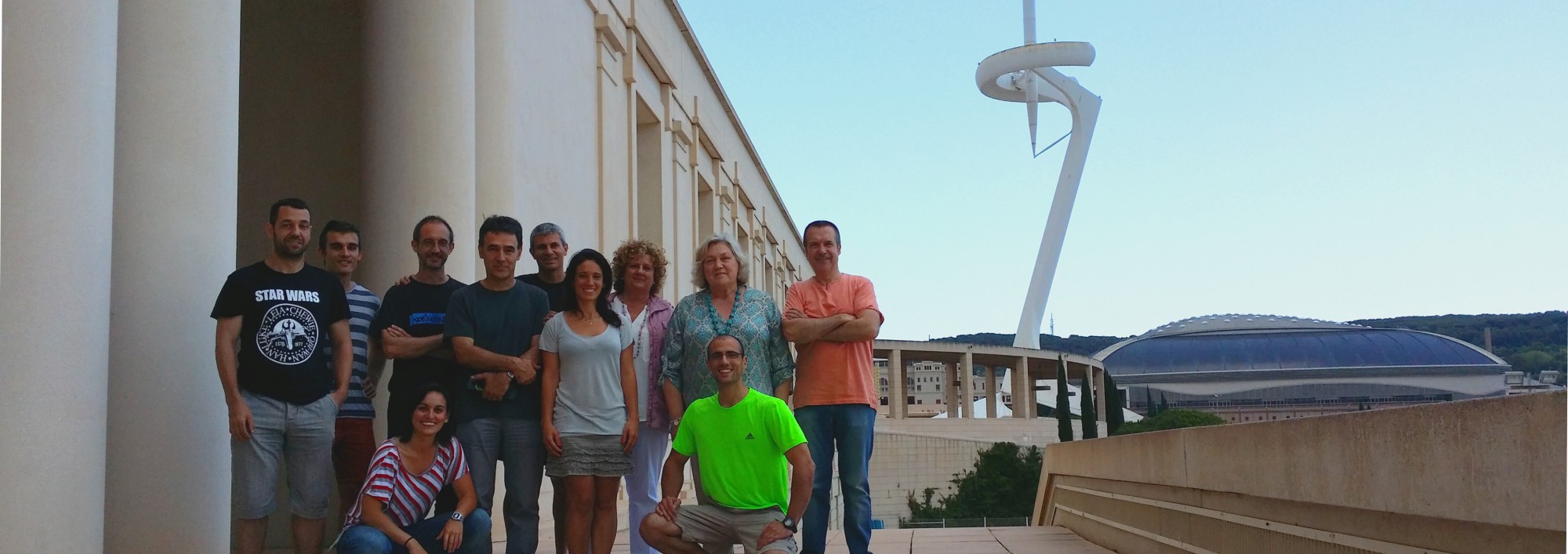
The Resarch Group in Physical Activity and Health (GRAFiS) has invited Dr. Peter Federolf to conduct an introducing workshop to the Principal Component Analysis statistical method, which has good application to the human movement study. The workshop will be done at the INEFC Barcelona facilities, at the aula magna 3, the next Monday 14th and Tuesday 15th of September, from 15:00 to 17:00. The workshop it’s free and open to anyone who is interested in the subject.
The Principal Component Analysis (PCA) is a multivariate statistical procedure that converts a set of observations into a reduced number of variables called principal components. These principal components explain to a large degree the data variability and are ordered by importance level. The objective of this workshop is to initiate the attendants to the PCAs basic contents and to see the possible applications to the human movement study.
Dr. Peter Federolf has worked as professor and researched at different institutions like the Swiss Federal Institute for Snow and Avalanch Research, the University of Calgary and the Norwegian University for Science and Technology. Nowadays he works as Neurophysiology professor at the Department of Science and Sport at the University of Innsbruck. His research interests are the development of new concepts and methods for the human movement analysis. His research is characterized for having and holistic point of view, and contemplate in his analysis the internal limits and the ones of the movement conditions, and for considering each individual as a probability own source. One of the statistical methodologies that he has developed is based in the use of the PCA.
